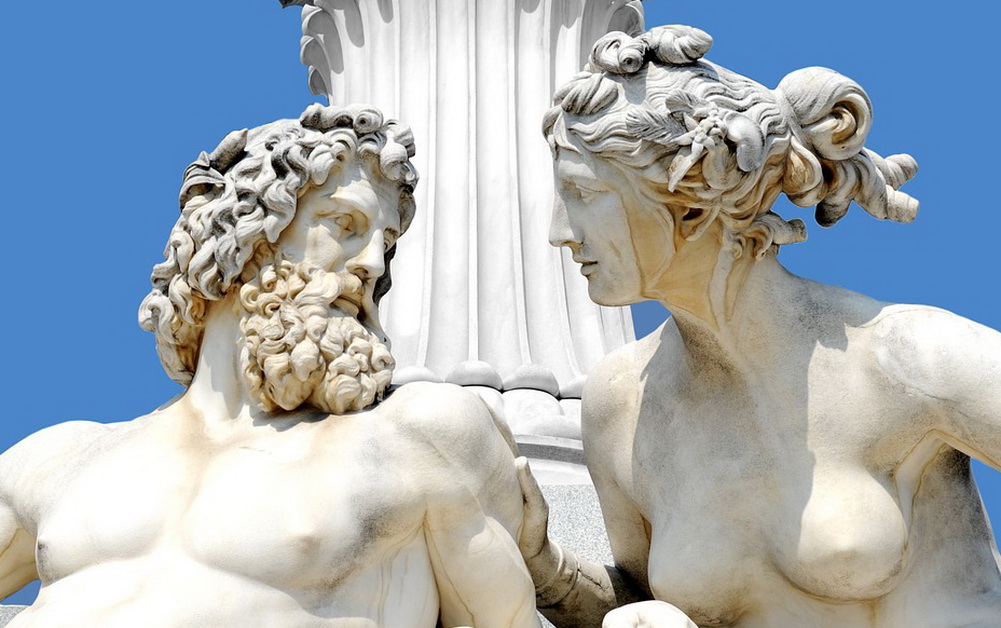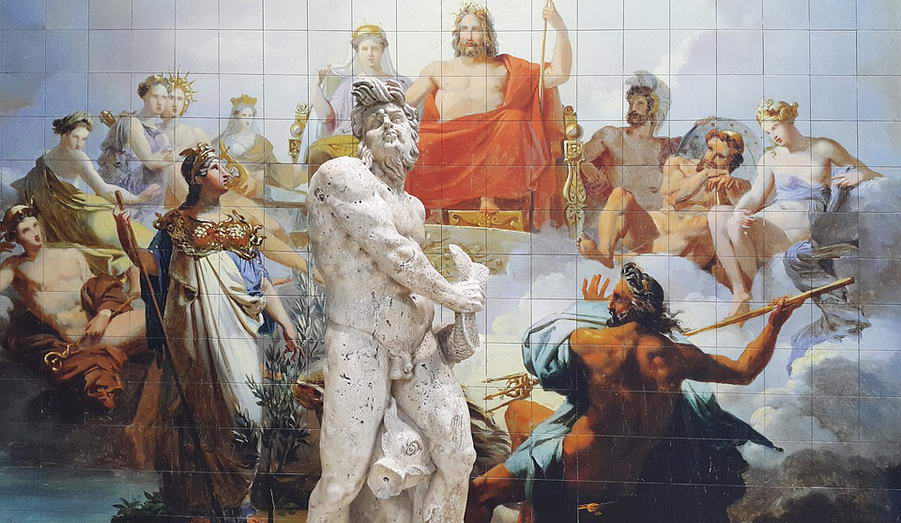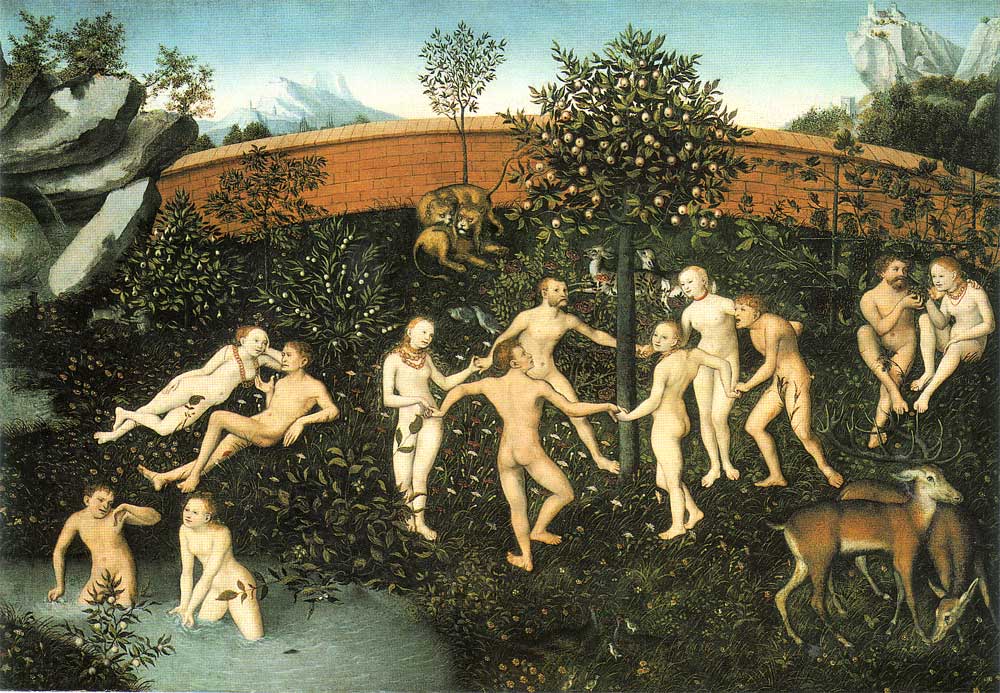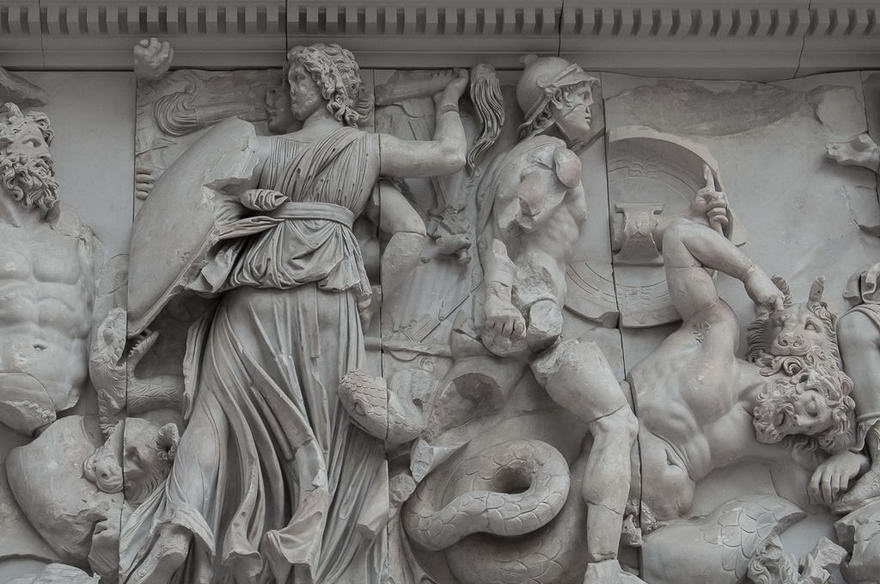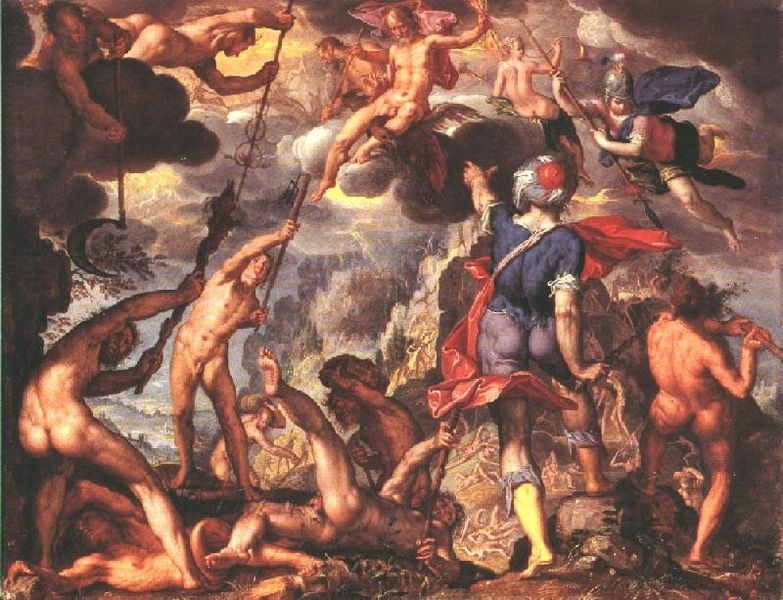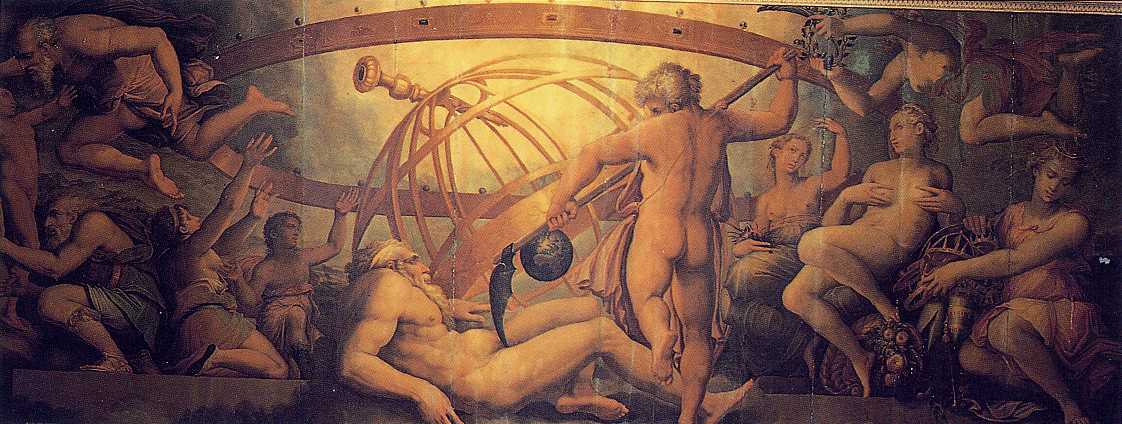Zeus (Greek Mythology)
The Greek god Zeus was the sixt and last child of Cronus and Rhea. Cronus would swallow his own newborns because he feared that children would overthrow him as he did unto his father Uranus. In an effort to save her last child Zeus, Rhea gave birth in a cave and made her husband swallow a stone instead of Zeus.
Oku
